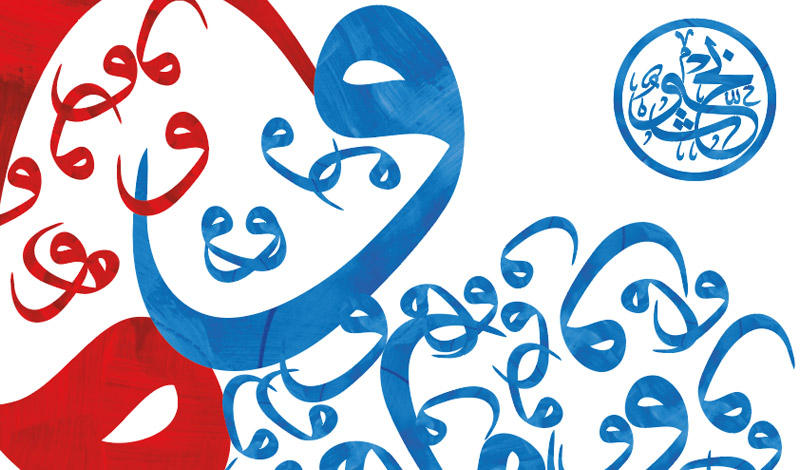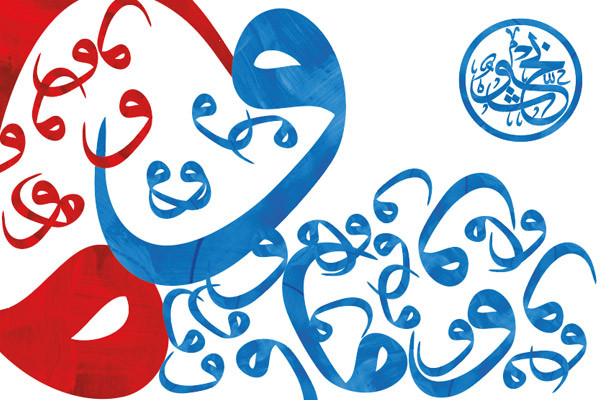Do the Gulf nations really have little to offer Syria?
There has recently been extensive international coverage of the conflict in Syria. The chemical attack which targeted the town of Khan Sheikhoun has been the main focus of international outrage over recent weeks. The deadly gas Sarin that was used in order to cause the atrocity was a painful death for nearly 100 civilians, including 27 children. Although not as devastating as the Sarin attack on the outskirts of Damascus in 2013, which claimed the lives of over 1,400 civilians, the recent assault followed a familiar horrifying pattern.

- by Rebecca Simpson ,
- Monday, 8th May, 2017
As tensions rise across the Gulf due the atrocities that occurred in Syria on April 4th some commentators are suggesting that surrounding Gulf nations now have little to offer the country whose increasingly weak rebels aim to remove President Bashar Assad. Analysts are suggesting that the dynamics across the Middle East have changed somewhat and therefore the fundamental question remains: do Gulf nations really have little to offer Syria?
Many western commentators are suggesting that the changing dynamics between countries within the Middle East has facilitated this shift in politics. One of the integral causes of this shift in political and economic discourse is the Arab Spring. The wave of revolutionary movements across the Middle East and North Africa which began in 2010, essentially initiated a power struggle that alarmed and fascinated international observers. The extent of this power struggle, and the repercussions that followed, have without doubt shifted the traditional mainstream political line that many thoughts was entrenched throughout the Middle East.
Syria was a late victim to the Arab Uprisings and as fellow Arab rulers have been defeated, President Assad remains very much entrenched in the tapestry of Syria. As the conflict in Yemen continues to gather significant momentum the issues in Syria have taken a priority backseat for many Gulf nations. As Iranian backed Houthi rebels continue to become a prominent feature, the conflict in Yemen has become a matter of great international concern. Iran’s hegemonic ambitions continue to facilitate a growing conflict along with the progression and evolvement of terrorist groups such as AQAP in Yemen which for many observers remain a real and very distinctive threat to a stabilised world order that is attempting to combat fundamentalist and extremist behavior.
With Gulf nations now pouring vast amounts of energy and resources into Yemen, the general feeling among commentators is that these nations no longer have the resources to cope with both Syria and Yemen effectively. Some observers are suggesting that the changing shift towards Syria is in fact not what Gulf nations have to offer from a support perspective, but this change is actually the bi-product of changing relations with the West.
For the Middle East and North Africa the Obama Administration was an issue that many observers found particularly challenging to analyse. The general consensus among western analysts was that Barack Obama was somewhat counterproductive towards a progressive and evolving Gulf region and wider Middle East. Many Arab leaders had high expectations for the Obama Administration predominantly due to manifesto promises that didn’t come to fruition. The Obama presidency is now being viewed by many as a liberal administration whose priorities were focused on humanitarian related issues, as opposed to political and economic stability in the Middle East.
As far as Syria is concerned the influence of the West is of paramount importance. It is not surprising that there is great focus on President Trump and his new administration. From the beginning of his election campaign, he has held a ‘no tolerance’ attitude towards dictatorships, terrorism and extremist behavior.
This was clearly demonstrated only a few days after the chemical attacks in Khan Skeikhoun when he ordered US warships to launch a targeted military strike of 59 Tomahawk cruise missiles on the Syrian airbase of Shayrat. This attack reinforced the new US administration's determination not to tolerate the use of chemical weapons and was a clear demonstration of how different his predecessor was with regard to such action.
Many Gulf leaders supported the US military strike largely due to the fact that after the vast atrocities near Damascus in 2013 Barack Obama stood back and delayed any form of military intervention. Many leaders across MENA saw this as not only frustrating but essentially detrimental towards the stance against the Assad regime and Iran’s further ambitions within the region. Western observers are suggesting that the strike ordered by President Trump reinforced the characteristic status of commander–in- chief and restored the faith of Arab leaders and across the GCC in what is still regarded as the worlds leading super power.
For the UAE the situation in Syria is of particular long-term concern. Essentially, the single objective of many GCC members and the US is the removal of the Assad regime. Without any viable replacement option for President Assad the major concern is that following his removal a power vacuum will appear facilitating access for extremist groups. In turn, this could create an even more unstable situation for the country and the wider Middle East.
At this crucial time in international politics it is important to note that Gulf nations are clearly in favour of further western support mainly due to the rebels, funded by Saudi Arabia and Qatar, that continue to fight the Assad regime. These rebel groups are clearly becoming weaker and resources across the board are declining due to increased involvement and commitment by Gulf nations in Yemen. The prospect of a stronger Assad regime with the backing of Russia and Iran is a frightening prospect for Gulf nations. Consequently, they are seeking western support to limit and ultimately halt support for President Assad. Western observers are suggesting that Gulf nations still have a lot to offer to solve the crisis in Syria. Greater emphasis has been placed on the Trump administration to continue support for this which was clearly lacking in the last few years of Barack Obama's presidency.
In conclusion, it is apparent that although some commentators are assuming Gulf nations now have little to offer Syria, predominantly due to changing priorities such as Yemen. Western observers are still taking the general stance that Gulf states remain vastly influential. Regional stability, strategic funding, the reinforcement of Sunni confidence along with facilitating refugees are important factors that at present remain integral for the Syrian conflict. Despite western support being vital, it is clear that regional support is particularly fundamental and the resources offered by Gulf nations continue to offer specific elements to the conflict that western support lacks specifically from a cultural and familiarity perspective. Gulf nations have historically been a significant support towards Syria and will continue to remain an indispensable component towards a long term problematic nation in the Middle East.

Rebecca Simpson
Read More
Areas of Expertise
- Political Ideologies
- International Relations
- Security
- Extremism and Terrorism
- The Arab Uprising
- Israeli/Palestinian Conflict
- Geopolitical Affairs
Education
- BA 2:1 Hons Politics
- MA International Relations and Security
- Graduate Diploma in Law
Bio
Rebecca graduated from Liverpool in 2011 and earned a bachelor’s degree with honors in Politics. Rebecca continued her academic career and went on to study a master’s in international Relations and Security specializing in Middle Eastern Studies and producing one of the first comprehensive analysis regarding the Arab Uprising and the impact on the Israeli- Palestinian conflict. Rebecca was the president of the politics society whilst at university. Rebecca further studied a Graduate Diploma in Law; she has worked for two members of Parliament in the UK. After growing up in Portugal and becoming bilingual Rebecca has a passion for languages and is currently learning Arabic.

